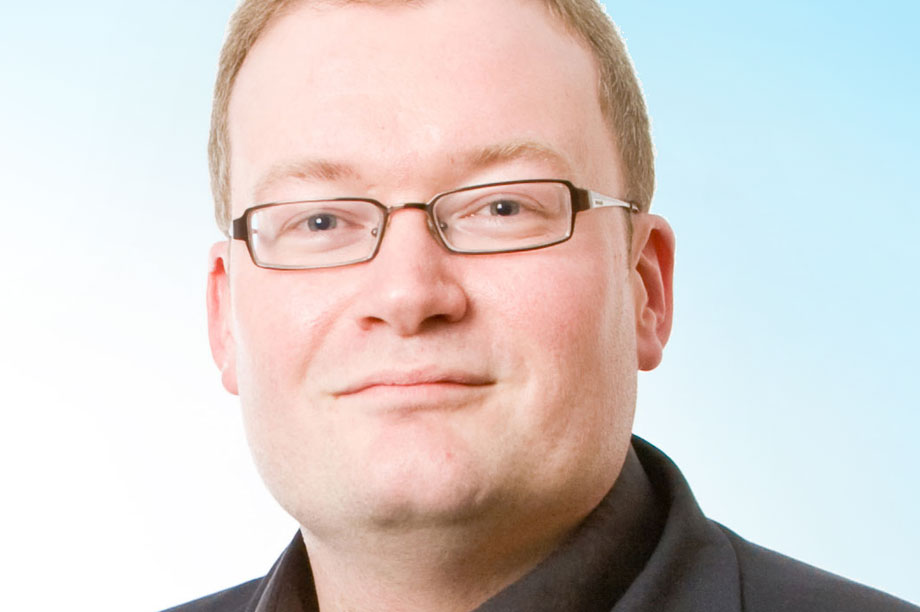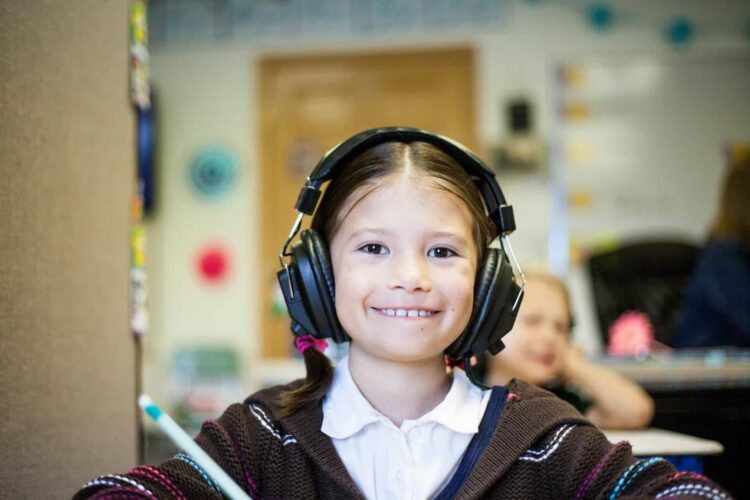By Gabriel Princewill-
In a symphony of support for music education, the UK government has announced the names of 41 organisations tasked with leading a “new generation” of larger music hubs across England.
The Arts Council England today announced the new generation of Music Hubs, covering every part of England.
With more than £100 million in funding allocated for the next year, this initiative aims to cultivate a deeper appreciation for music among young learners.
The new Music Hubs form an ambitious national programme providing high-quality music education for all children and young people through investment in musical activities, equipment and teacher training.
New Hub Lead Organisations will receive over £101 million from the Department for Education, including £76 million in regular funding for the Music Hubs programme and £25 million to invest in musical instruments, equipment and technology.
This will include resources specifically designed for children and young people with special educational needs and disabilities.
This includes the Isle of Wight. ACE has awarded £1.6 million to Southampton Music Hub, the lead applicant for a consortium of existing music education hubs covering Southampton, the Isle of Wight, Portsmouth and Bournemouth, Christchurch & Poole.
The consortium will lead on the provision of high-quality music education across the Solent and Isle of Wight. This is a continuation of the existing music education provision for children and young people access, but this new consortium will work collectively to improve this even further.
The Department for Education is responsible for children’s services and education, including early years, schools, higher and further education policy, apprenticeships and wider skills in England.
Building on the extensive work existing Music Education Hubs have undertaken since 2011, the new Hubs will be led by 43 Hub Lead Organisations from September 2024.
A representative of the Arts Council told The Eye Of Media.Com: ”ACE has awarded £1.6 million to Southampton Music Hub, the lead applicant for a consortium of existing music education hubs covering Southampton, the Isle of Wight, Portsmouth and Bournemouth, Christchurch & Poole.
”The consortium will lead on the provision of high-quality music education across the Solent and Isle of Wight. This is a continuation of the existing music education provision for children and young people access, but this new consortium will work collectively to improve this even further.
Originally established in 2012, music hubs serve as collaborative platforms for schools, councils, community groups, and music organizations to foster high-quality music education.
These hubs, which have received £79 million in annual funding, play a vital role in providing resources and support to education settings, ensuring that music remains an integral part of the curriculum.
However, amidst the harmonious progress, the re-tendering process has left two hubs without lead organizations, signalling a transition as the number of hubs is reduced from 116 to 43.
Despite this, the commitment to music education remains steadfast, with funding secured until 2025.
Today, the Arts Council England, acting on behalf of the Department for Education, unveiled the successful bidders, marking a significant milestone in the evolution of music education in the country.
Darren Henley, Chief Executive of the Arts Council England, lauded the “new generation of music hubs,” emphasizing their role in supporting dedicated music teachers and expanding access to high-quality music education.
Schools Minister Damian Hinds echoed this sentiment, emphasizing the transformative power of music in enriching the lives of young learners.
Whether through singing, instrumental instruction, or creative composition, these hubs aim to kindle a lifelong passion for music in every child.
Beyond the realm of artistic expression, music education holds profound therapeutic and mental health benefits. Research has shown that engaging with music can reduce stress, enhance cognitive abilities, and promote emotional well-being.
Through the integration of music into the educational landscape, schools not only nurture artistic talent but also cultivate resilient and confident individuals.
The government’s investment underscores a commitment to nurturing creativity and fostering a love for music in every corner of England.
Through collaborative efforts and unwavering dedication, these music hubs will orchestrate a symphony of learning, empowering young minds to transcend boundaries and embrace the transformative power of music.
The new Music Hubs will help to deliver the Government’s National Plan for Music Education.
This plan aims to give all children and young people the opportunity to develop their musical talents fully, by ensuring that children and young people across the country have the chance to learn to sing, play instruments, and make music with their peers.
The new Hubs will also help to deliver the Arts Council’s 2020-30 year strategy, Let’s Create, which aims to improve access to creativity and culture for all children, no matter what their background or where they live.
Darren Henley, Chief Executive at Arts Council England, said: “Music education is enormously powerful – it can enrich young people’s lives, help them connect with the people around them, and start them on the pathway to fruitful and fulfilling careers.
‘We are excited to announce this investment in a new generation of Music Hubs, which will support the brilliant work of our dedicated music teachers across the country, and help bring high-quality music education to even more children and young people in every part of England.”
 Chief Executive Of Arts Council- Darren Henley
Chief Executive Of Arts Council- Darren Henley
School Standards Minister, Damian Hinds, said “Studying and engaging with music isn’t a privilege, it’s a vital part of a broad and ambitious curriculum – and all children and young people should have access to an excellent music education and all the knowledge and joy it brings.
“Music Hubs play a crucial role in delivering high quality music education in England, and our newly announced Hub Lead Organisations will ensure every child across the country has the chance to develop a love for music, whether it’s through singing, learning to play an instrument or creating their own music.”
Minister for Arts, Heritage & Libraries, Lord Parkinson of Whitley Bay, said “This investment helps to deliver the Government’s plan for music education — including £25 million for musical instruments so that more children, whatever their background, can enjoy the life-changing benefits of music.
“Whether it’s encouraging young people to pursue a career in our growing creative industries, or simply introducing new generations to the pleasure of music-making, this funding will help to unlock opportunities and nurture talent across the country — and demonstrate, as our national plan does, the power of music to change lives.”
Bridget Whyte, Chief Executive at Music Mark said “The UK Association for Music Education – Music Mark is looking forward to supporting the new Hub Lead Organisations and the many partners they will work with to support children and young people’s music education across the country.
Building on the many successful and exciting programmes of activity delivered by the Music Education Hub Partnerships between 2012 and 2024, this new network will continue to engage our talented and diverse music education workforce to support schools as well as providing opportunities in local communities which will enable students to develop their musical skills.
Within these programmes of activity, will be our next generation of music industry employees, but we also know that all participating students will gain skills which will enrich and sustain a life-long connection to music.”
Arts Council England is the national development agency for creativity and culture. We invest public money from the Government and the National Lottery, and provide a range of development programmes to support the arts and cultural sector.
The Department for Education is responsible for children’s services and education, including early years, schools, higher and further education policy, apprenticeships and wider skills in England.
The Department works to provide children’s services, education and skills training that ensures opportunity is equal for all, no matter background, family circumstances, or need.




